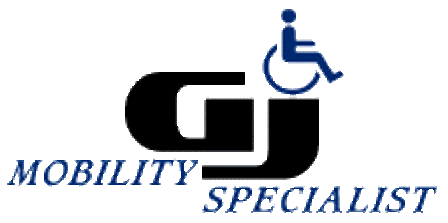In today’s world smartphones and other e-type devices and apps are connecting us to our health care. But for someone with mobility issues there is no app for the effort to ascend stairs to reach the bedroom/bathroom, to cross a long room, or even to get up out of bed. And this loss of mobility has a significant impact on a person’s quality of life. The consequences span through a person’s social, psychological, and physical well-being. Imagine mobility preventing or limiting a person’s ability to get groceries, or to pay a simple visit to a friend. The end result is a life spent in seclusion, and can oftentimes lead to severe anxiety and depression.
And if you or someone you love is at risk for a potential loss of mobility—mobility issues are not always immediate but oftentimes progressive—then there is a simple test a person can take to determine his or her level of physical fitness. The test is simple. It’s two questions. The first: ask yourself, or the person you care for, if you—or he or she—has trouble climbing up ten steps, and are you—or she or he—able to walk, at any speed, for one-quarter of a mile? The second: If you have an underlying health concern, have you ever modified the way in which you—or he or she—climbed ten steps or walked one-quarter of a mile? And in almost all cases, it’s likely that you or the person you care for can answer those questions without having to perform the activity.
Luckily, some mobility issues are progressive and can sometimes be either treated or managed. In the case of mobility management, you can rely on the mobility experts at G and J Enterprises to make a person’s life more comfortable, both in the home and in public. And if you have any questions as to how G and J Enterprises can help you or your loved one achieve autonomy, and have an increased comfort level and a better quality of life, then call today.

